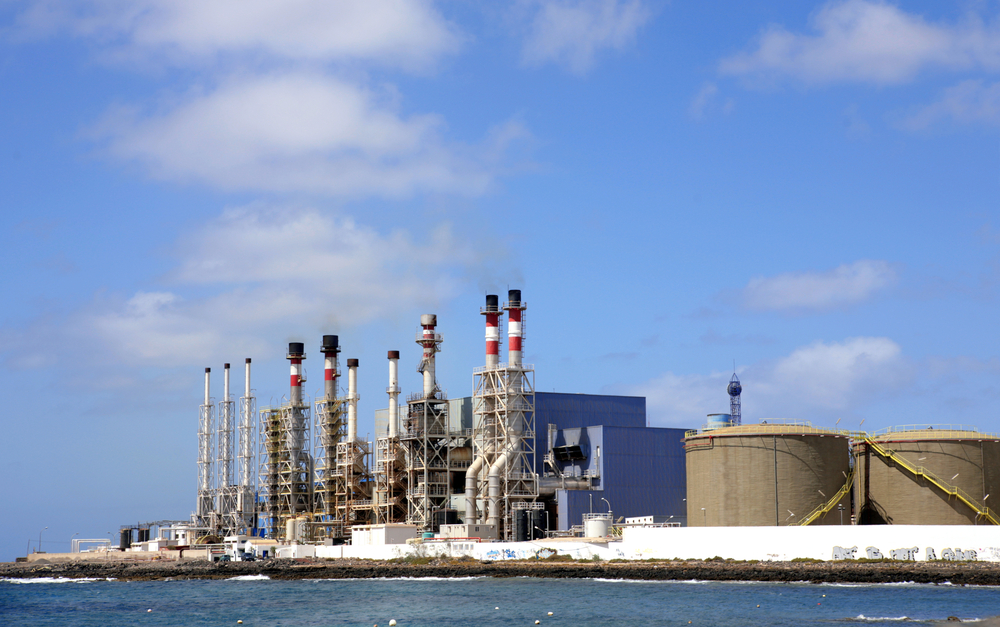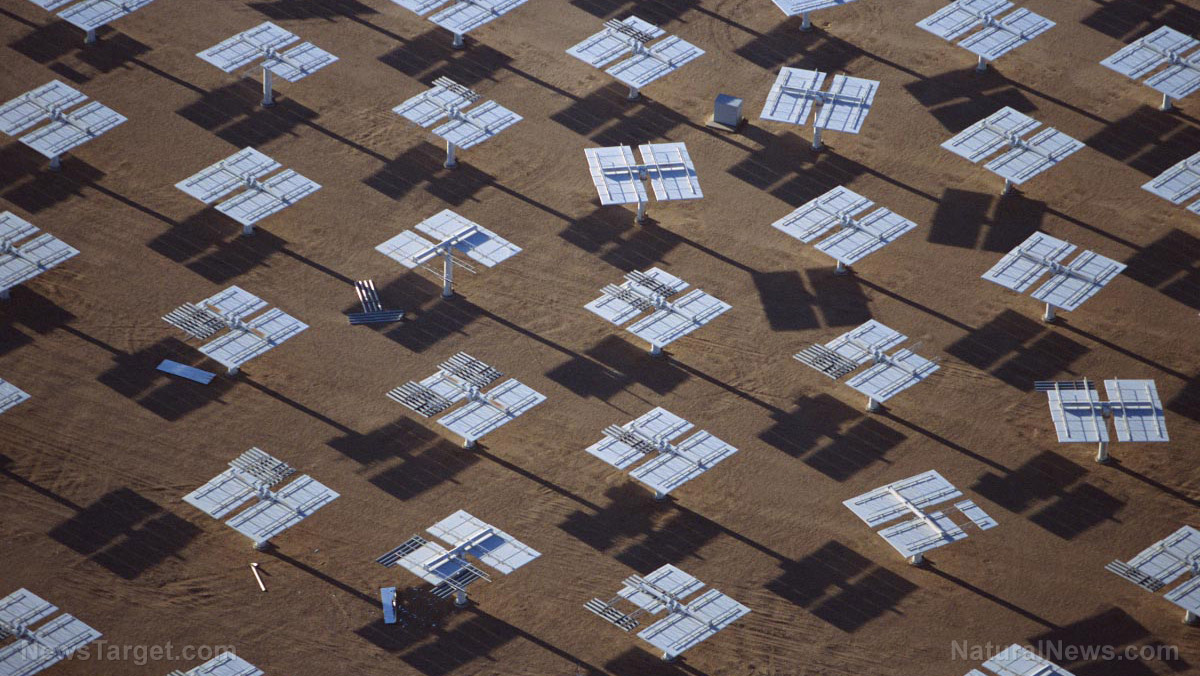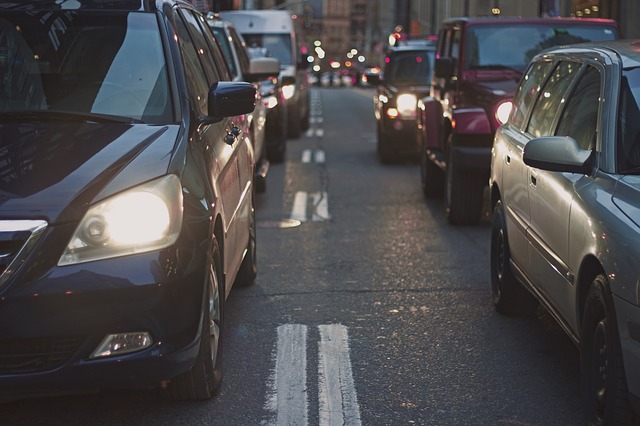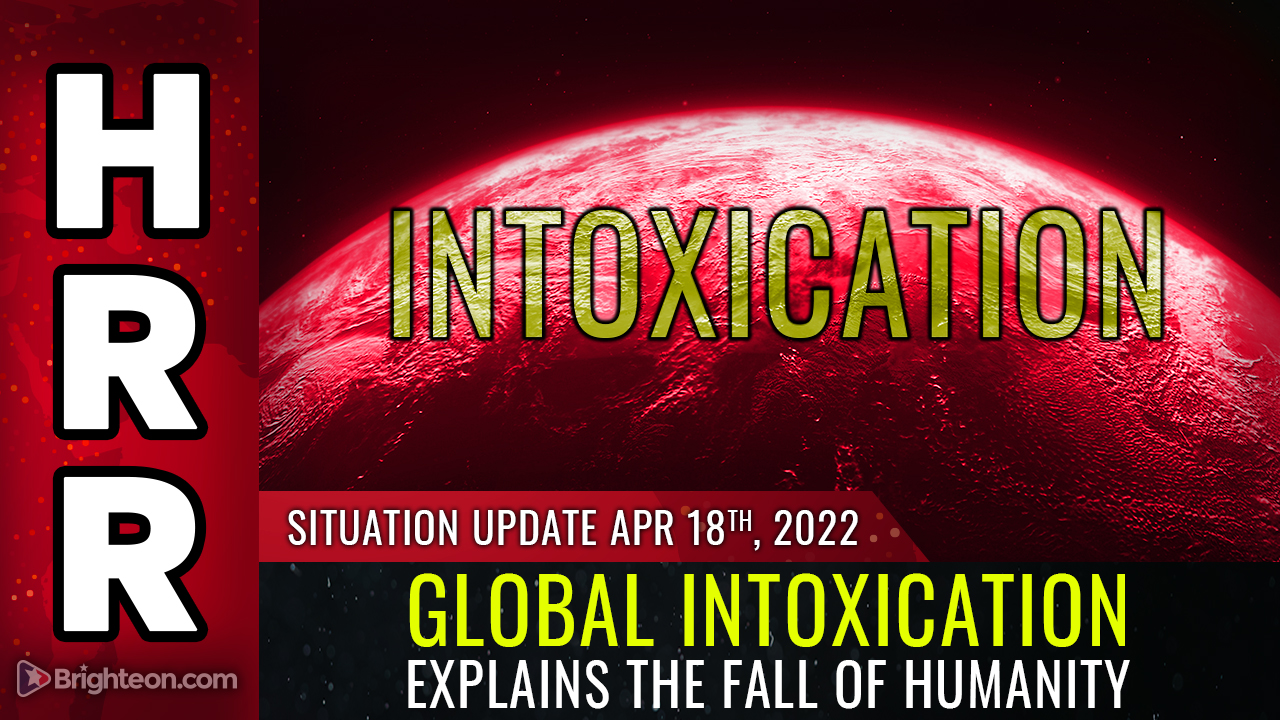Environmentalists concerned over how increased use of face masks and PPEs will contribute to worldwide problem of plastic pollution
05/15/2020 / By Arsenio Toledo
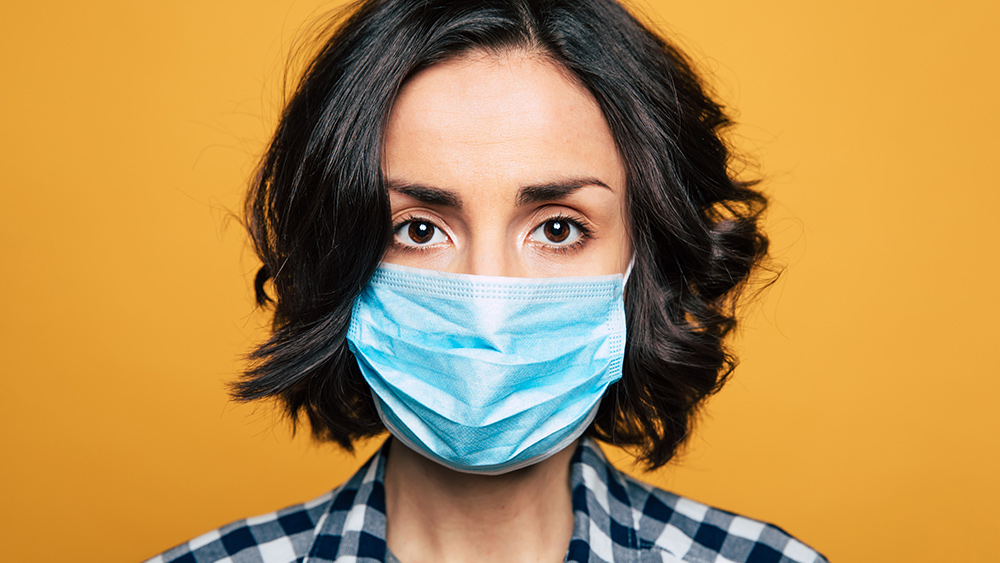
As the COVID-19 pandemic rages on, many environmentalists are now sounding an alarm over another enemy this global outbreak is highlighting: plastic.
Millions of people around the world are now living in a country where wearing masks has been deemed mandatory. From Vietnam, Israel to Cuba, Germany and France, people are required to wear masks if they step out of their homes. Some countries have even put hefty fines for violators. Qatar, which enforced a nationwide order for everyone to wear medical face masks on May 16, is prepared to fine people up to $55,000 (200,000 Qatari riyals) for not wearing a face mask.
While there is sufficient scientific evidence indicating that wearing medical face masks such as surgical masks and N95 masks can reduce the spread of the coronavirus, it has led to one unintended consequence: An uptick in plastic pollution. (Related: The dumbest thing you’ll read all day: CNN says wearing a mask in public to protect yourself – and others – is RACIST.)
Coronavirus could “reset the clock” in global fight against single-use plastics
It isn’t just face masks as well, as health workers all over the world have been forced to use more and more personal protective equipment (PPE) such as medical gowns and disposable medical gloves. Taxis in France have begun installing plastic barriers to protect both the driver and his passengers from each other. Supply chains are straining to fulfill a surge in demand for both plastic medical supplies and single-use packaging.
Governments have even suspended bans on single-use plastics. The United Kingdom has suspended a charge on plastic bag use for online deliveries. The southern Indian state of Tamil Nadu has suspended a ban on single-use plastic bottles and bags.
Plastic bans across the U.S. are at risk of being overturned amid fears that coronavirus can cling to reusable bags, cups and straws pic.twitter.com/U68YlpmNID
— Bloomberg QuickTake (@QuickTake) April 21, 2020
Even parts of the United States aren’t immune to this rollback of plastic bans. Maine has postponed its ban on the use of plastic bags, while New Hampshire and Cambridge, Massachusetts, have banned the use of reusable bags, as these containers might become vehicles for the coronavirus.
Environmentalists have even warned that the recent progress made toward reducing the world’s use of single-use plastics is being undone by the global pandemic.
There’s even evidence to suggest that the global consumption of single-use plastics will radically increase this year. For example, once Italy lifts its national lockdown, estimates from the Polytechnic University of Turin show that the country will need one billion masks and half a billion gloves per month for the foreseeable future.
Listen to The Health Ranger Report by Mike Adams, the Health Ranger, and hear about how the Trump administration is three months behind the rest of the world in its rule mandating that officials (finally) wear face masks at all times.

Coronavirus plastic waste already affecting parts of the globe
The United Nations has estimated that 13 million tons of plastic are dumped into the sea each year, and that half of the plastic the world produces is for single-use items. This is going to increase as the coronavirus pandemic worsens.
Furthermore, a report made by the World Wildlife Fund for Nature (WWF) said that “If just 1 percent of the masks were disposed of incorrectly and dispersed in nature, this would result in as many as 10 million masks per month polluting the environment.”
This pollution can already be seen in several parts of the globe.
In Kalamata, a Greek city southwest of Athens, discarded gloves, bottles of hand sanitizer and wet wipes can be seen littering parks, sidewalks and roads.
In the Soko Islands, a group of uninhabited islands several nautical miles from Hong Kong, Gary Stokes of the conservation group OceansAsia found around 100 masks washed up on the beach.
A Walmart parking lot was spotted completely littered with plastic gloves and face masks – 📹 Josh Pennock https://t.co/rGakDS2Oge #Ontario #Walmart #Coronavirus #COVID19 pic.twitter.com/VsZHd5NqLy
— blogTO (@blogTO) March 24, 2020
“We hadn’t noticed this many masks before in such a remote location,” said Stokes, who believes that the discarded masks came from either Hong Kong or China. “When we found them, it only had been six to eight weeks since people had started using these masks.”
An increase in plastic waste has also been observed in large urban areas, such as in London and New York City.
The coronavirus pandemic is forcing people to make a choice between personal safety and environmental health. Environmentalists have raised the alarm and are fearful of the negative consequences the uptick in single-use plastics usage has for wildlife and the fight against plastic pollution. As governments continue to fumble their response to the pandemic, the worse off the environment will be once the crisis ends.
Sources include:
Submit a correction >>
Tagged Under:
This article may contain statements that reflect the opinion of the author

